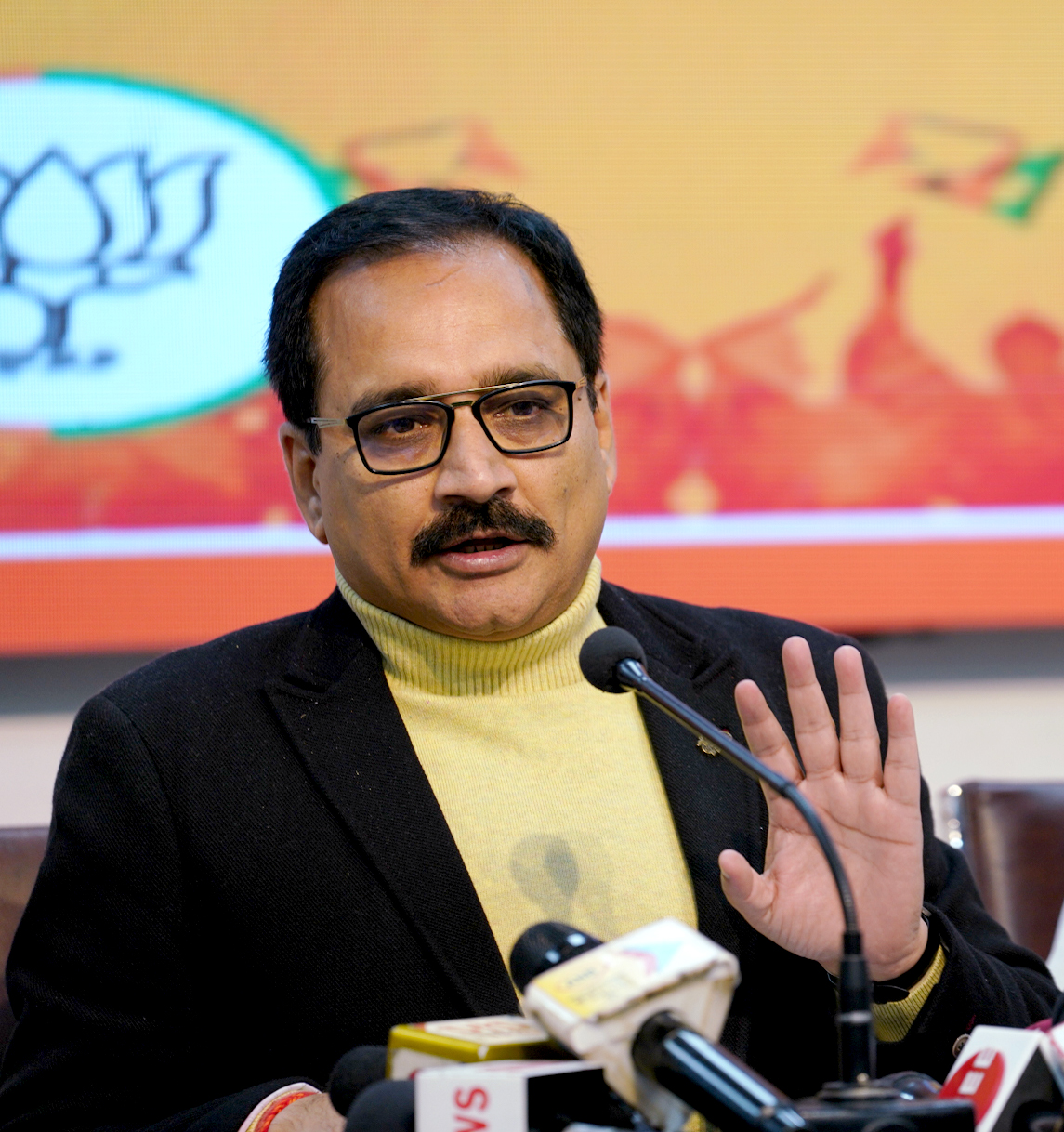
Operation Lotus, a term that has become synonymous with BJP’s strategy of poaching opposition leaders to weaken their political base, has garnered attention for its perceived aggressive approach toward altering the balance of power in various states. Kejriwal’s remarks, which were made during a recent rally in Delhi, have attracted widespread attention, particularly given the tense political climate as the city prepares for its elections. Kejriwal stated that the BJP’s actions were aimed at securing an advantage in the upcoming polls by influencing the state's political dynamics through manipulative tactics.
The BJP, however, has dismissed these allegations as baseless, with party spokespersons calling them an attempt to deflect attention from AAP’s internal issues. BJP leaders have pointed to the increasing popularity of the party in Delhi’s urban areas, highlighting its significant influence in municipal elections as evidence of its growing strength in the capital. While the BJP denies using underhanded methods, Kejriwal’s accusations are not isolated but form part of a broader political narrative that has played out in multiple states where the BJP has reportedly utilized similar strategies.
Delhi, with its crucial voter base and political significance, is often seen as a battleground for major national parties. The BJP and AAP are the two main contenders, with the former eyeing to consolidate its position in the region, while the latter seeks to protect its stronghold. The unfolding political drama is tied to larger national trends, where political alignments and realignments have become a regular feature in India’s evolving democracy.
One of the core elements of Operation Lotus has been the strategic poaching of legislators from opposition parties. Allegations of such practices have been raised in other states, such as Maharashtra, Karnataka, and Madhya Pradesh, where BJP has been accused of luring key lawmakers into its fold in exchange for promises of lucrative positions or other political gains. Critics argue that this undermines democratic processes and destabilizes state governments by reducing their legislative strength.
The AAP, which has established itself as a significant player in Delhi, particularly with its focus on governance reforms and anti-corruption measures, finds itself in a tight spot as the BJP escalates its electoral strategies. The emergence of Kejriwal as a vocal opponent of the BJP, especially following the party’s attempts to influence Delhi’s political landscape, has intensified the rivalry. Kejriwal has consistently raised concerns about the misuse of power and resources by the BJP to further its own political interests at the expense of regional autonomy.
Political analysts have observed that the BJP’s approach could be seen as part of a larger national strategy to weaken opposition parties by sowing division. They argue that Operation Lotus is not only about Delhi but is aimed at curbing the rise of regional parties that may pose a challenge to the BJP's dominance in the national sphere. By destabilizing regional power structures, the BJP can potentially influence electoral outcomes in critical states where regional parties hold sway over large voter bases.
Kejriwal’s accusations have sparked a fierce political debate, with supporters of AAP rallying behind the leader’s stance. They argue that the BJP’s actions are reflective of a deeper, more concerning trend in Indian politics, where political allegiance is increasingly determined by the promise of power rather than the will of the electorate. Kejriwal has called on Delhi voters to remain vigilant, asserting that the BJP’s intentions are aimed at diminishing the voice of the common people in the city.
The impact of Operation Lotus on the forthcoming Delhi elections remains uncertain, with both parties preparing for an intense electoral battle. The BJP, with its vast national network and resources, remains a formidable force in the region. However, AAP has capitalized on its image as an anti-corruption party, which has resonated well with Delhi’s urban population. As the elections draw closer, the political atmosphere in Delhi is expected to become even more charged, with both sides gearing up for what is likely to be one of the most closely contested elections in the city’s history.
